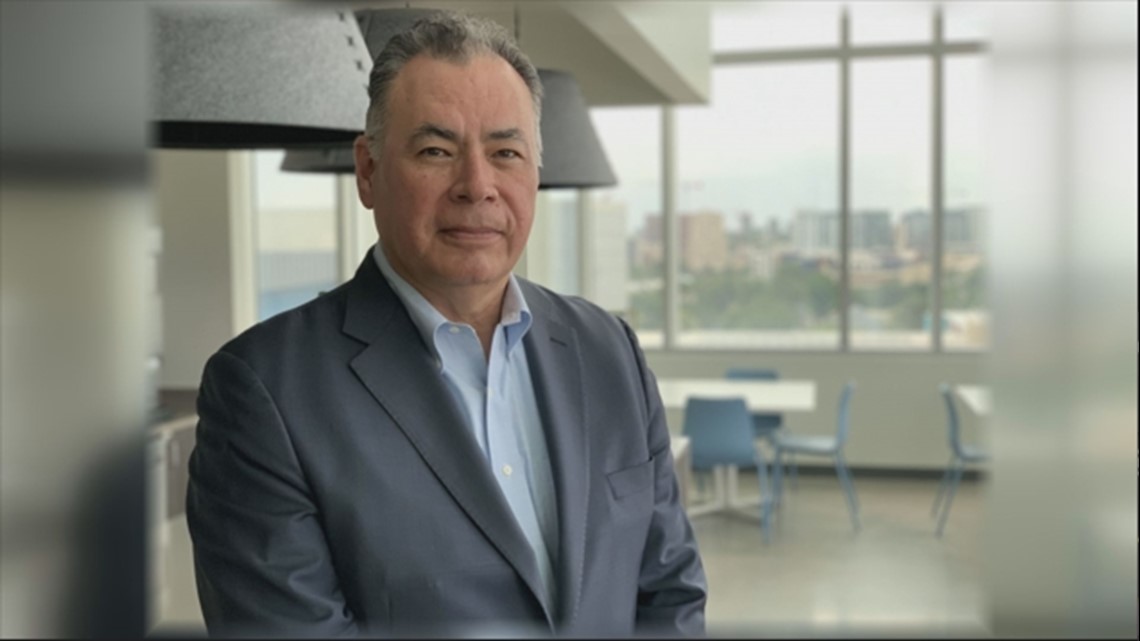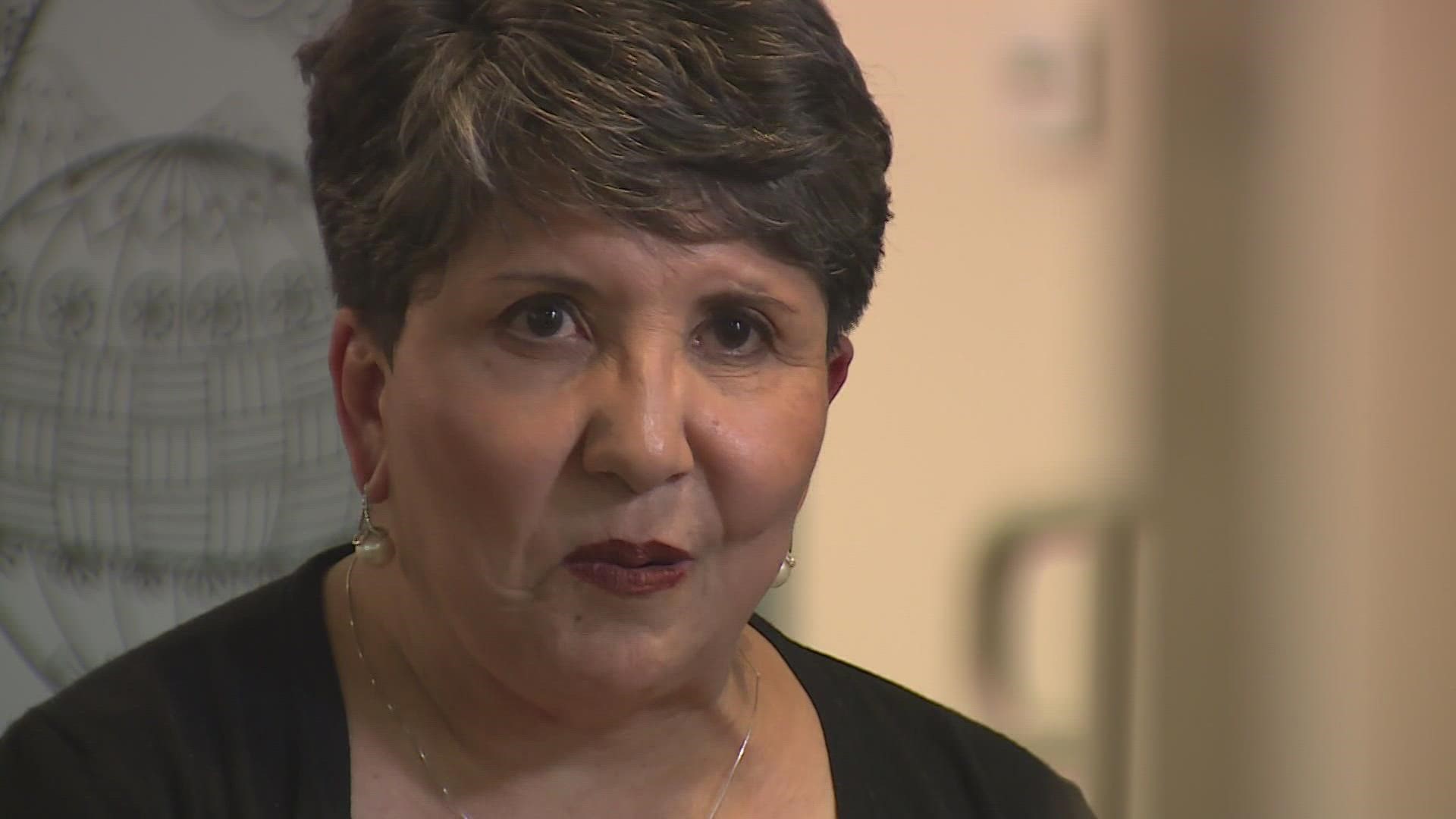DENVER — In Denver's Westwood neighborhood, sits a colorful building that has helped people from all communities for more than 40 years.
Mi Casa Resource Center has a specific emphasis on helping Latino entrepreneurs.
"So individuals come here and want to, you know, create an opportunity for themselves and their family ...and we're here for them," said CEO Angeles Ortega.
The center offers classes of all sorts; from digital skills training, to ESL classes for starting a business, financial wellness, understanding banking credit reports and more.
But when it comes to its Business Pathways program, which supports entrepreneurs through the stages of business development, Ortega notices a barrier.
"Often we see people coming in here. And when we tell them the challenges that they have or what the restrictions are because of the lack of proof of residency, there's nothing we can do. It is really sad," she said.
But a state law passed in 2021, finally took effect on July 1, which will change some restrictions, and Ortega hopes – breaks barriers.

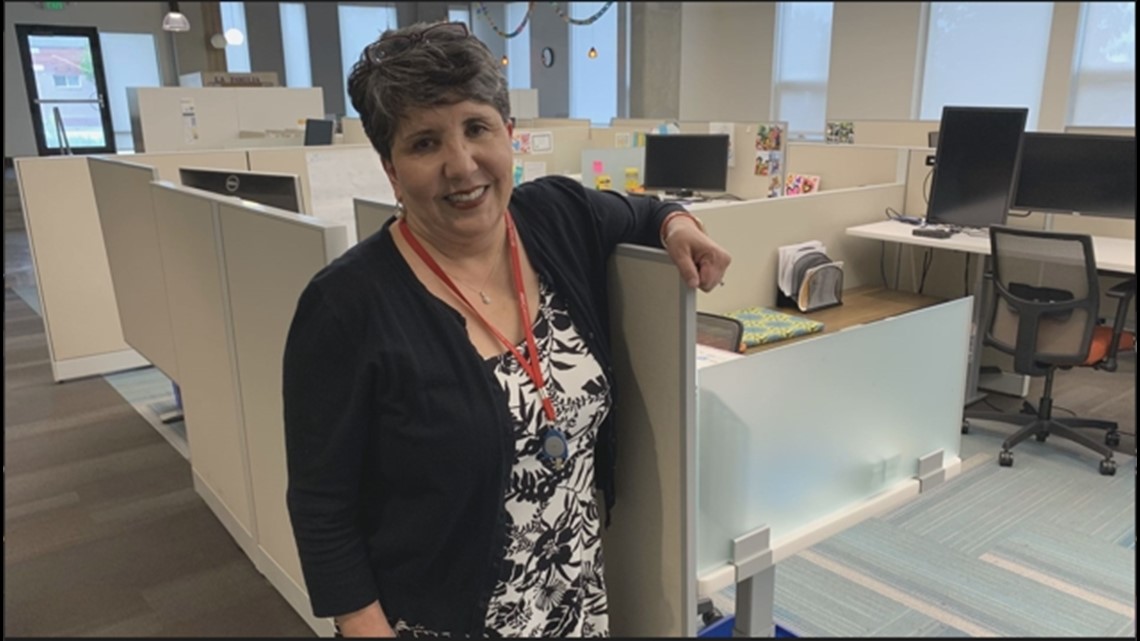
How the change works
On Tuesday, the City and County of Denver announced that it's Department of Excise and Licenses no longer requires proof of legal U.S. residency to apply for a business or occupational license, in compliance with new state law.
The statewide law from the 2021 legislative session, is titled, "Remove Barriers to Certain Public Opportunities."
It says municipalities no longer have to verify legal immigration status when providing a public benefit – such as a business or occupations license.
Specifically, the City and County of Denver will no longer have a mandatory form that requires a person to verify their legal immigration status for any public benefit.
Specific to Denver's perspective, a spokesperson for the department of excise and licenses explained that Denver does not require a business or occupational license for all business activities.
Generally speaking, Denver only requires a business license for a business that may have a health, safety or welfare concern and does not require many businesses in that category to get a license if there already is a state licensing requirement, the spokesperson said.
For instance, if someone runs a book store, no business license is required, though that business would still have to get a tax license from the department of finance to pay their city taxes.
If you have a restaurant, food truck or business that sells alcohol or more, you have to get a business license.
"Our focus is to only regulate where regulation is necessary to protect public safety so we can provide a safe and business-friendly community," a statement read in part. "We in Denver are VERY excited that we no longer have to ask this question before awarding a license so our immigrant population will no longer have this barrier to pursuing the American dream of starting your own business."
The department also expanded the types of IDs accepted to verify the person applying for the business or occupational license is who they say they are.

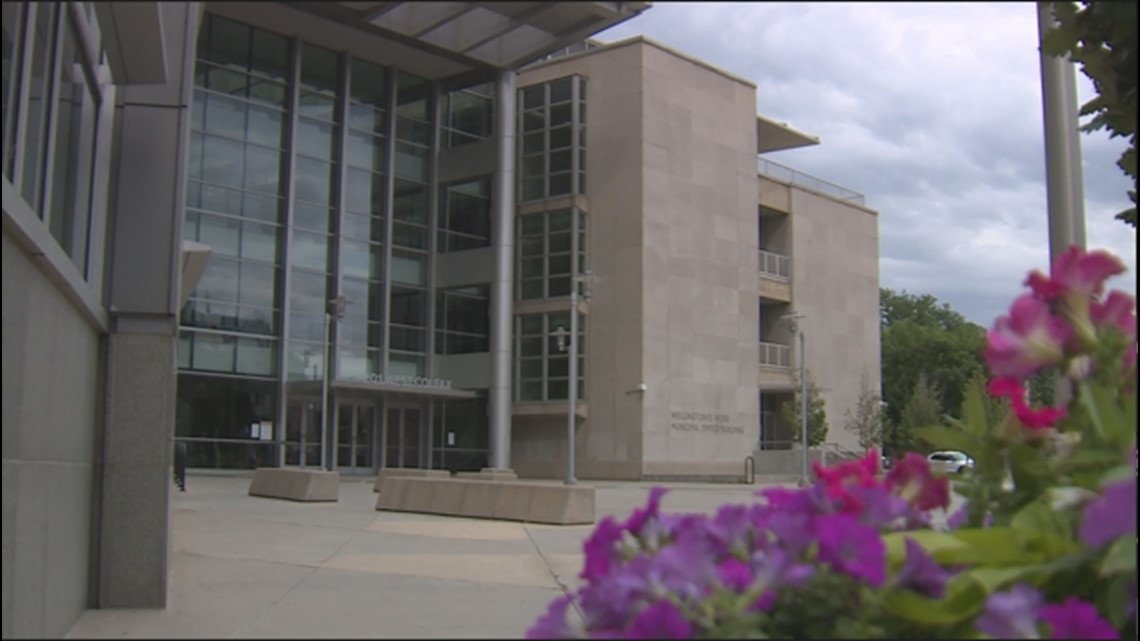
Trust, growth and opportunity
Mi Casa Resource Center is not tied to helping just Hispanic/Latinos, though it does makeup 63% of the population they serve.
"A lot of times teaching someone the concepts in Spanish, we know that they're going to have to do business in English – but teaching them the concept is really important because we provide it in a culturally relevant way and then they can learn in and go on with it with all the steps that they need to do when they start a business," Ortega said.
The move is a step in the right direction, she said. But Ortega said it doesn't remove all of the barriers that the immigrant community may face.
"However, there's many other permits and many other challenges that people have to face. And if those were in the same way as maybe this this law, it would be great," Ortega said. "Because if somebody says, 'OK, now we can start a business' and all of a sudden you have to face maybe that you need to get proof of residency, legal residency, in the country or in a state to get 'this' or 'that' license or, you know..."
Ortega said the overarching goal of the center is to create generational wealth in the Latino community.
"And when people are informed, when people can make decisions for themselves about their own lives is when they're going to succeed, whatever that looks for them," Ortega said.

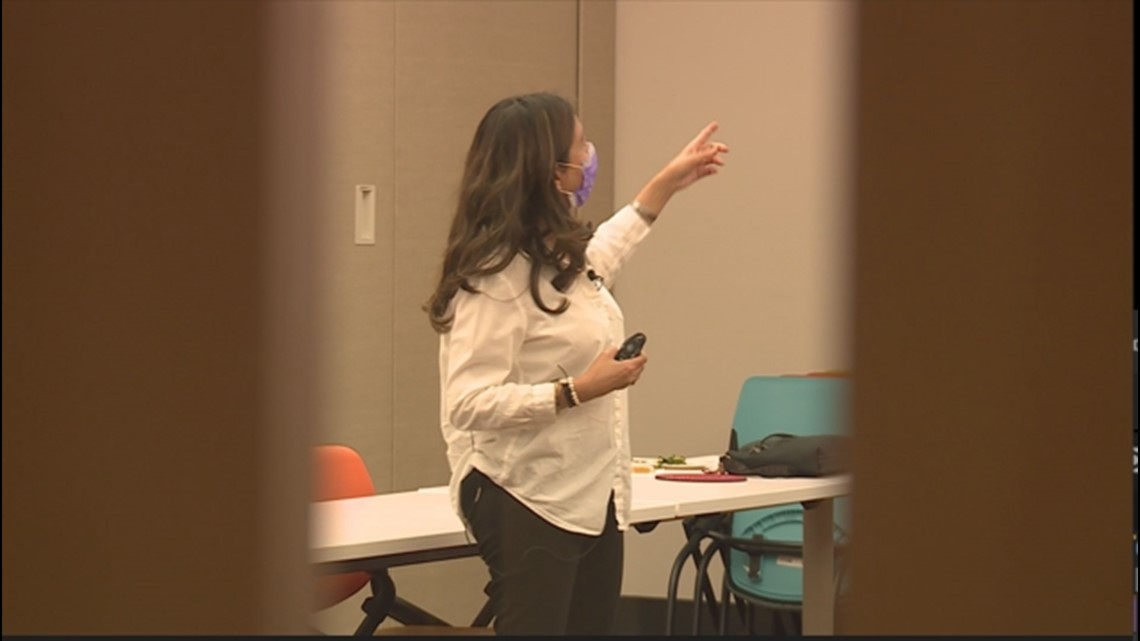
Citing data from different surveys from the Census, the Small Business Administration said in 2021 that 11.1% of small businesses in Colorado were Hispanic-owned.
"We're going through a very difficult economic time in our country, in our state and cities. And states are basically looking at what steps they can take to engage everyone that's willing to roll up their sleeves and make a contribution," said Mario Carrera, the president and CEO of CLLARO, a Latino advocacy and research organization.
He said he believes despite the requirement being lifted, it may take some time before the number of Hispanic or Latino-owned businesses goes up.
"I wish it was that instant. I wish it was that quick in terms of the turnaround. But I think we all go back to the question of trust," he said. "It's nice to have legislation, it's nice to have that encouragement. But at the end of the day, you're looking to trust the government."
Carrera added that he believes this particular legislation basically calls out for "all hands on deck" when it comes to workforce development.
"...and is acknowledging that population that has been below the radar for a very long time and has been making a contribution," he said. "Imagine what could happen now that people are feeling that much more enabled to be able to do this. I think it's a great avenue. It's a great acknowledgment and recognition of people that want to create a better way, a better life for themselves."

